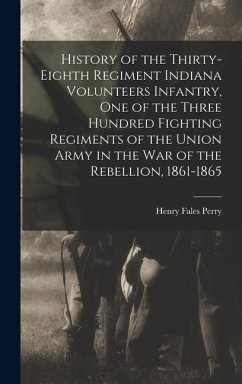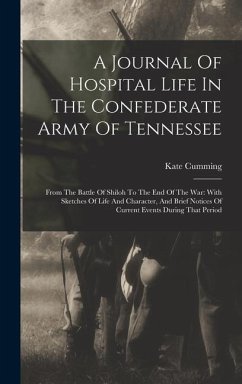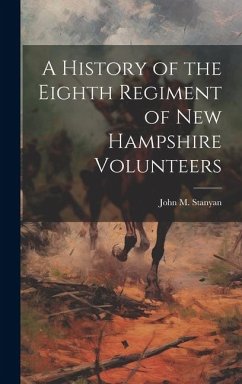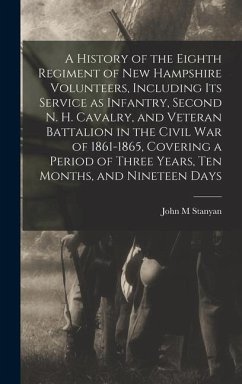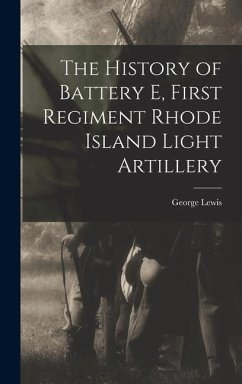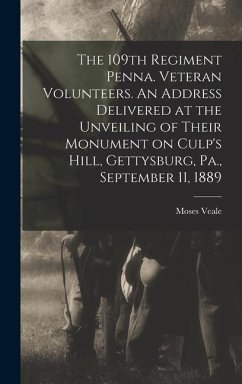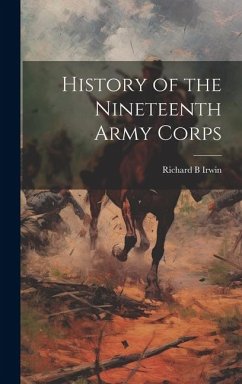
Army Life In A Black Regiment

PAYBACK Punkte
16 °P sammeln!
It must be remembered that, after the first capture of Port Royal, the outlying plantations along the whole Southern coast were abandoned, and the slaves withdrawn into the interior. It was necessary to ascend some river for thirty miles in order to reach the black population at all. This ascent could only be made by night, as it was a slow process, and the smoke of a steamboat could be seen for a great distance. The streams were usually shallow, winding, and muddy, and the difficulties of navigation were such as to require a full moon and a flood tide.



